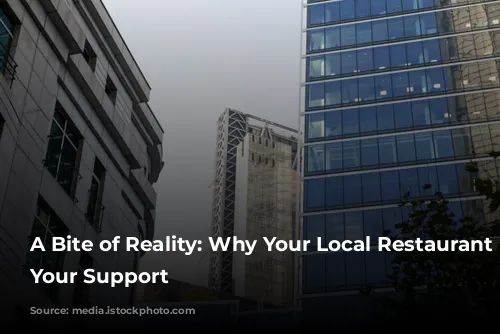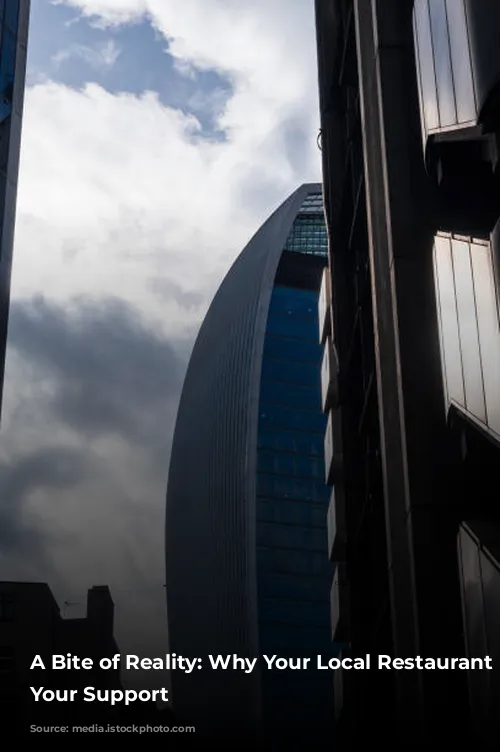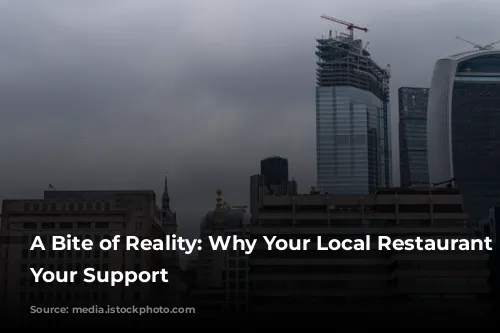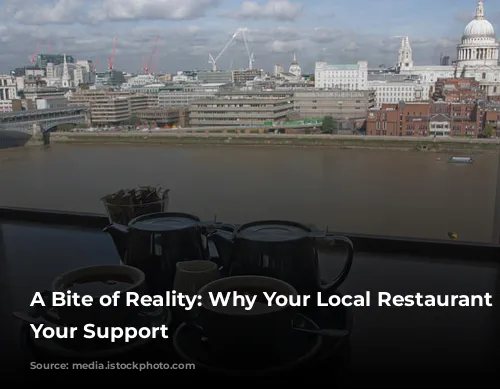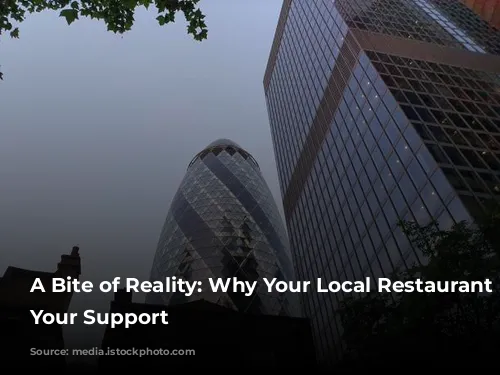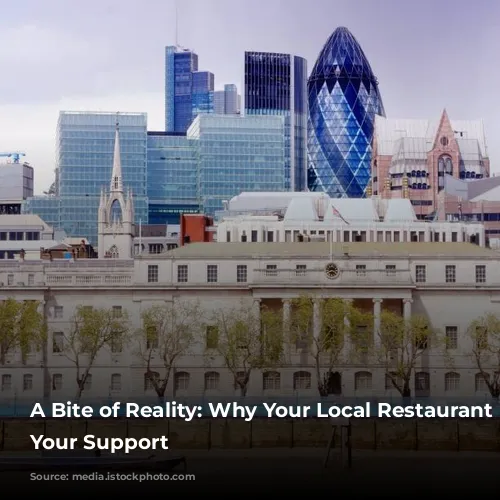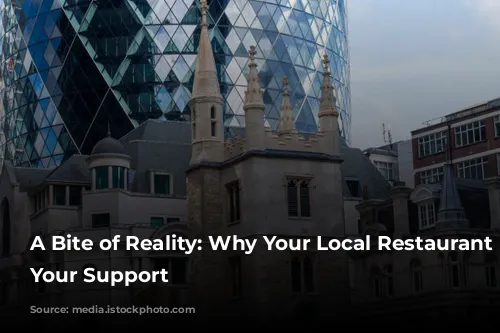Have you ever wondered why your favorite independent restaurant charges what it does? It’s not just about lining the owner’s pockets. Behind every menu item is a story of hard work, dedication, and – most importantly – survival.
Let’s take a closer look at the fried chicken sharing plate at my Malaysian laksa bar, Sambal Shiok in north London. You might think £13 is a hefty price tag, and some customers have voiced their concerns. I get it. Times are tough, and eating out can feel like a luxury. But let me break down the costs and you’ll understand why we’re fighting for every penny.
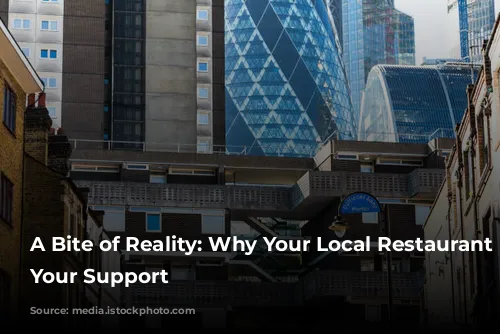
Beyond the Price Tag: The Hidden Costs of Running a Restaurant
After accounting for VAT, we’re left with £10.80 from the £13. Now, let’s see where that money goes:
- Ingredients: The tender chicken thigh, marinated in our signature satay spice paste, coated in spiced gram flour, and fried to perfection, costs us a significant £3.
- Staffing: Our team, who are the heart and soul of our restaurant, are responsible for preparing and serving each dish. Their hard work comes at a cost of £4.50 per plate.
- Rent and Rates: Keeping the lights on and running a kitchen in a prime location comes at a price. Rent and business rates account for £2 per plate.
- Utilities: From electricity to heating and cooling the fryer, the cost of running a restaurant is never-ending. We factor in £1 for utilities per plate.
The result? A meager 30p profit. It’s barely enough to cover the cost of a single peanut in the sauce that accompanies our fried chicken!
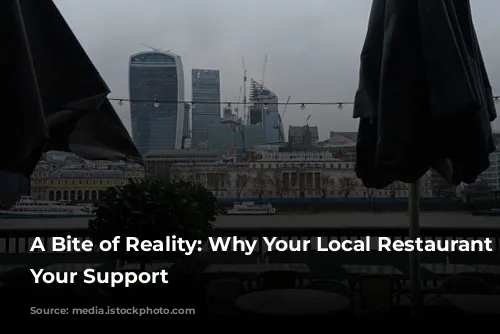
A Perfect Storm for Small Businesses
The reality is that independent restaurants are facing a “perfect storm” of challenges. We’re not alone. The hospitality industry is battling record insolvencies. While some big chains like Gordon Ramsay Restaurants are thriving, smaller establishments like mine are struggling to stay afloat.
Why the difference? Big chains have a number of advantages:
- Negotiating Power: They can command better prices from their suppliers and landlords, often securing favorable rent deals.
- Financial Resources: Their access to funding from investors and banks gives them a cushion to weather economic storms.
- Scale: Their larger size allows them to offer lower prices and better wages.

Fighting an Uphill Battle
On the other hand, independent restaurants are facing a barrage of difficulties:
- Rent Increases: We’re struggling to keep up with rent reviews that seem to increase only upwards.
- Staff Shortages: Finding and retaining skilled staff has become a huge challenge, especially in the wake of Brexit.
- Inflation: The cost of everything from cooking oil to basic ingredients has skyrocketed.
The impact on me? I’ve had to take a minimum salary for years to ensure the business can survive. I’m the lowest paid member of staff, yet I carry the weight of the entire operation on my shoulders. I would love to pay my staff more, but I fear that raising prices again would drive customers away.
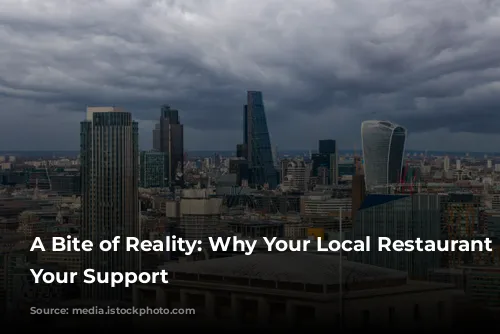
The Importance of Supporting Local
While sales might be back to pre-Covid levels, our profits are being swallowed by inflation. Every expense feels like a burden. We’re fighting to stay afloat, and we need your help.
Here’s why your support matters:
- Quality Food: We take pride in preparing authentic Malaysian dishes, from scratch, using the freshest ingredients.
- Community Connection: Independent restaurants are the heart of local communities, offering unique experiences and supporting local suppliers.
- Fair Wages: Supporting local restaurants helps ensure that our staff can earn a living wage.

A Plea for Government Action
The government needs to recognize that the hospitality industry is not back to normal. We need urgent support to survive. One step could be reducing the 20% VAT rate on restaurant sales. This small change could make a huge difference.
But until that happens, we rely on your support. Please choose independent restaurants whenever you can, and be kind to your local staff. We are fighting hard to keep the lights on, and we appreciate every customer who walks through our doors.
Remember, without independent restaurants, our high streets would be filled with generic chain stores and our communities would lose something special.
Mandy Yin, chef-owner of Sambal Shiok Laksa Bar, London
